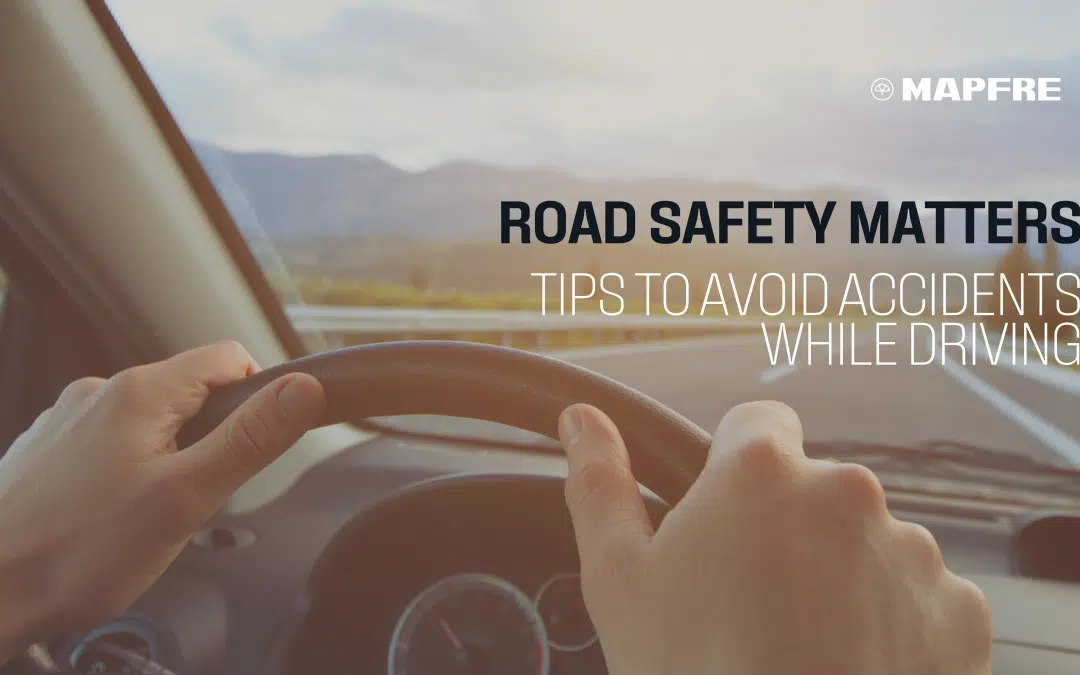Fires in the Kitchen
The kitchen is the room in the house with the highest fire risk. Cooking causes more than half of all accidental fires, which commonly occur when cookers and grills are left unattended.
- Set a timer to remind you when the food is ready when you’re cooking
- Keep flammable items such as paper, tea towels, and cloths away from the stove.
Never put water on a pan that has caught fire. If possible, turn off the heat before leaving the kitchen and closing the door. If there’s a fire, don’t take any chances.
Accumulation of Fat and Grease – Kitchen
Another risk of fires is the accumulation of fat and grease on appliances, so keep them as clean as possible. To lessen the risk of a fire, avoid storing items on top of appliances, such as a microwave or refrigerator, which might block airflow; and only microwave items marked as microwave safe. Avoid putting metal objects, tin foil, disposable plastic tubs, or Styrofoam products in the microwave; keep your toaster away from anything that could catch fire, such as curtains or kitchen rolls; and empty out crumbs and bread if it becomes stuck. However, do not attempt to remove it while it is plugged in, especially with a metal knife, as there may be live components.
Smoke alarms – Kitchen
It can be very irritating if your smoke alarm keeps going off while you’re cooking, but never remove the battery. If the alarm continues to be activated, you may need to relocate it. Install a heat alarm within your kitchen and a smoke alarm immediately outside it, such as in a corridor or dining room. But remember that heat alarms are less sensitive to smoke and detect temperature increases caused by fires. They only cover a tiny area so you may need more than one.
Wind
Wind can cause a variety of problems for your home. Wind can detach tree branches and impact the house, it can also damage windows and doors, and throw things like patio furniture and other detachable items in your yard.
There are a few things you can do to protect your home from wind damage. If a storm is forecast, it is recommended to keep windows closed, store inside or secure garden furniture and remove any dangling tree branches.
Slips, trips and falls
A build-up of oil, grease, soap, or other slippery substances on walking surfaces might cause falls, non-slip surfaces in baths and showers should be considered. Falls and injuries can be caused by a loose rug, an uneven floor surface, or other trip hazards such as power wires or clutter left on the floor.
Ladders
It’s not just towering ladders that are dangerous. Even if the fall is only a metre or less, people who fall from stepladders tend to fall backwards and risk hitting their heads, which can result in serious injury. If you must use a ladder, be sure you are wearing appropriate footwear, the ladder is stable, and someone is watching you.
Stairs
Install stair gates at the top and bottom of the steps if you have little children to prevent falls. A colourful edge strip put to each step will aid visibility and prevent trips for elderly individuals. Make sure the stairwell is well illuminated.
Electrical hazards
Ensure you have a working safety switch that will turn off the power if an appliance fails, preventing electrocution and fires. Check for broken appliance cords, electrical outlets, or light switches, and be extra cautious near water. Avoid using multiple plugs as much as possible and never use an extension cord while coiled.



